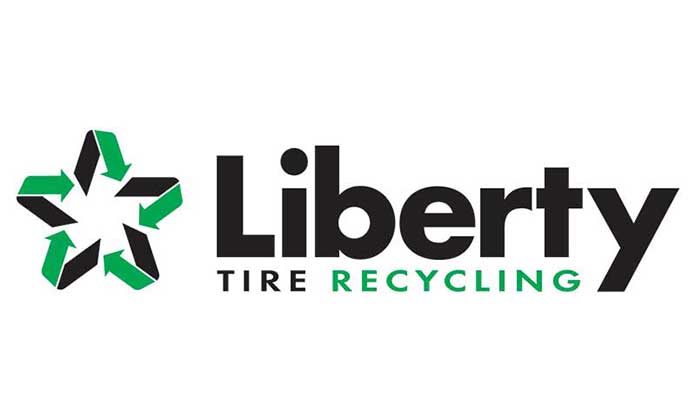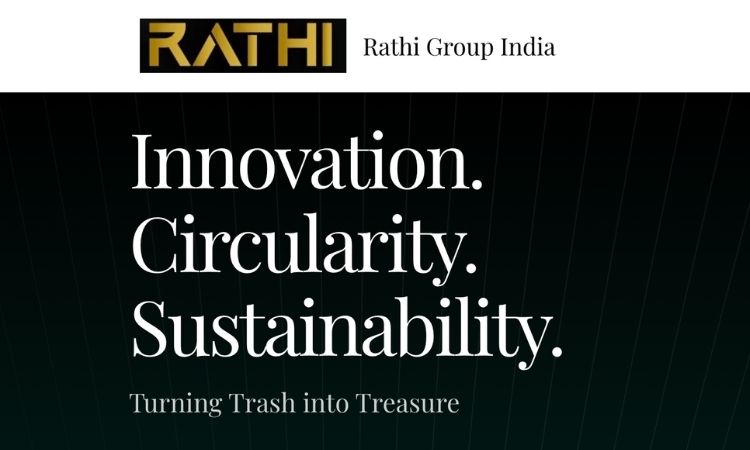European Parliament approves stricter waste shipment regulations
On February 27, European Parliament approved updated EU procedures and control measures for waste shipments.
The rules for exporting waste from the EU to third countries will be stricter. Plastic waste exports to non-OECD countries will be prohibited within two and a half years after the entry into force of the regulation, while those to OECD countries will be subject to stricter conditions.
Within the EU, the exchange of information and data on waste shipments would be digitalised, through a central electronic hub, to improve reporting and transparency. Shipping waste destined to be disposed in another EU country would be allowed only in exceptional circumstances.
The law also establishes an enforcement group to improve cooperation between EU countries to prevent and detect illegal shipments.
Quote
Rapporteur Pernille Weiss (EPP, DK) said: “The revised law will bring more certainty to Europeans that our waste will be appropriately managed, no matter where it is shipped to. The EU will finally assume responsibility for its plastic waste by banning its export to non-OECD countries. Waste is a resource when it is properly managed, but should not in any case be causing harm to the environment or human health.”
Next steps
Following the final vote in plenary, the Council will now have to formally endorse the text, too, before its publication in the EU Official Journal.
Background
The proposal to reform the EU’s rules on waste shipments lays down procedures and control measures depending on the waste’s origin, destination and transport route, as well as the type of waste and the treatment it will undergo at its destination. In 2020, EU exports of waste to non-EU countries reached 32.7 million tonnes, representing about 16% of global trade in waste. In addition, around 67 million tonnes of waste are shipped between EU countries every year.
In adopting this report, Parliament is responding to citizens' expectations for the EU to increase environmental standards related to waste shipments both within the EU and to third countries, and enforce more stringent controls and sanctions to stop illegal exports, as expressed in proposals 5(11) and 20(2) of the conclusions of the Conference on the Future of Europe.
Press release by European Parliament.
Weibold is an international consulting company specializing exclusively in end-of-life tire recycling and pyrolysis. Since 1999, we have helped companies grow and build profitable businesses.









